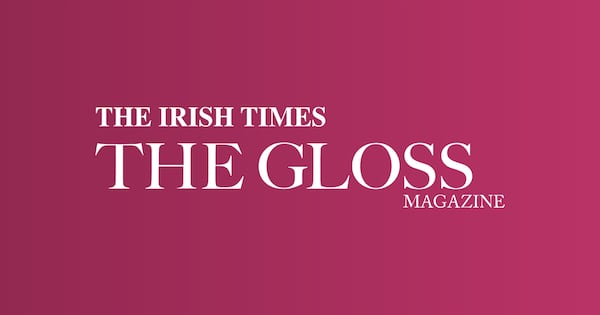If any designer has given an Irish national symbol a completely new look, it is the Galway knit genius Colin Burke. His reimagining of the Aran sweater with a stylish new silhouette, signature leg o’ mutton sleeves and complex textural details owe their origins not just to his passion for knit and crochet, but to his unswerving skill and craftsmanship. A love of architecture, of structure and form along with the powerful influence of his late grandmother Maureen, who taught him how to knit, remain constant sources of inspiration.
His latest collection, handmade in Donegal yarn from its Irish Heather range, comes in five different colours – camel, navy, green, black and grey, and consists of more than two dozen pieces – coats, polo neck sweaters, lumberjack jumpers, round neck sweaters and, for the first time, cardigans, displaying the same richly worked stitching, hand crochet and enveloping shapes that have made his name. The bodies of the garments are in Aran stitches, the sleeves and cuffs hand crocheted.

He explains how he uses about ten different types of stitches, and always includes the blackberry, which cannot be replicated by machine; the honeycomb, which gives body; and a wave stitch using four different varieties of crochet rib in the sleeve. To complete orders, he has a team of 18 knitters based in Galway and Donegal – the youngest 54, the oldest 84 – to realise the patterns he designs.
“Customers love the fact that everything is made in Ireland, it taps into their heritage particularly for those who live abroad, though what I produce is a contemporary twist on a heritage design. But I am finding it increasingly hard to get everything made here by hand, because it is tough, and there is pressure to look at other (knitting) communities elsewhere,” he says.
Cameron Diaz: ‘I left movies because I wanted to live my life differently. We started our family, and that was all I wanted to do’
Aoibhinn Ní Shúilleabháin: ‘I mourned friendships for too long that were actually past their time’
‘The phone would ring and it would be Mike Scott from the Waterboys or Bono from U2. Everyone wanted to talk to my father’
Hera restaurant review: A new gastropub on Dublin’s north side, without the usual cliches


Prices are high, but justified by the fact that it takes the guts of two weeks to complete a garment due to its complexity – body and sleeves are made separately by knitters before being assembled. Compared to international prices for machine made luxury sweaters, like Loro Piana for example (€2,200 for a ready-to-wear sweater), they are not excessive for the work involved. Among his many fans are US bankers and judges, Sinéad Burke (who wore one of his sweaters to the Áras), and Glamour’s Irish editor-in-chief, Samantha Barry in New York.
[ The luxury Irish design destination that celebrates Irish textilesOpens in new window ]
Burke graduated from NCAD in 2019 with a yellow crochet collection based on his grandmother’s daffodils. He was one of this paper’s People to Watch in 2020. He then took part in Create in Brown Thomas, after which Nikki Creedon of Havana took his knitwear into her Donnybrook boutique. Since then, his knits have established a following at home and abroad, and have won him many awards.


His new collection in darker solid colours, using grey and navy for the first time, work better than cream, he argues, for Irish skin tones. In summer he replaces wool with Italian cotton yarn “which is fine and soft and a totally different feel”. For this shoot, he deliberately wanted it in a modern space (his mother’s house actually) rather than conventionally against the Irish landscape, so that people could visualise wearing the pieces rather than seeing them displayed in a more abstract way.
“I know I should explore other fabrics, and it has been suggested that I should make layering pieces that can slip under a coat for example, and that Aran stitches are more comfortable and softer against the body than crochet. What I most love about what I do is the architecture, that I am creating form and structure and putting my own signature on a traditional Irish product, and introducing it to a new audience.”
Burke’s knitwear can be found in Havana, Donnybrook and in Dromoland Castle, Co Clare, as well as online at colinburke.ie




